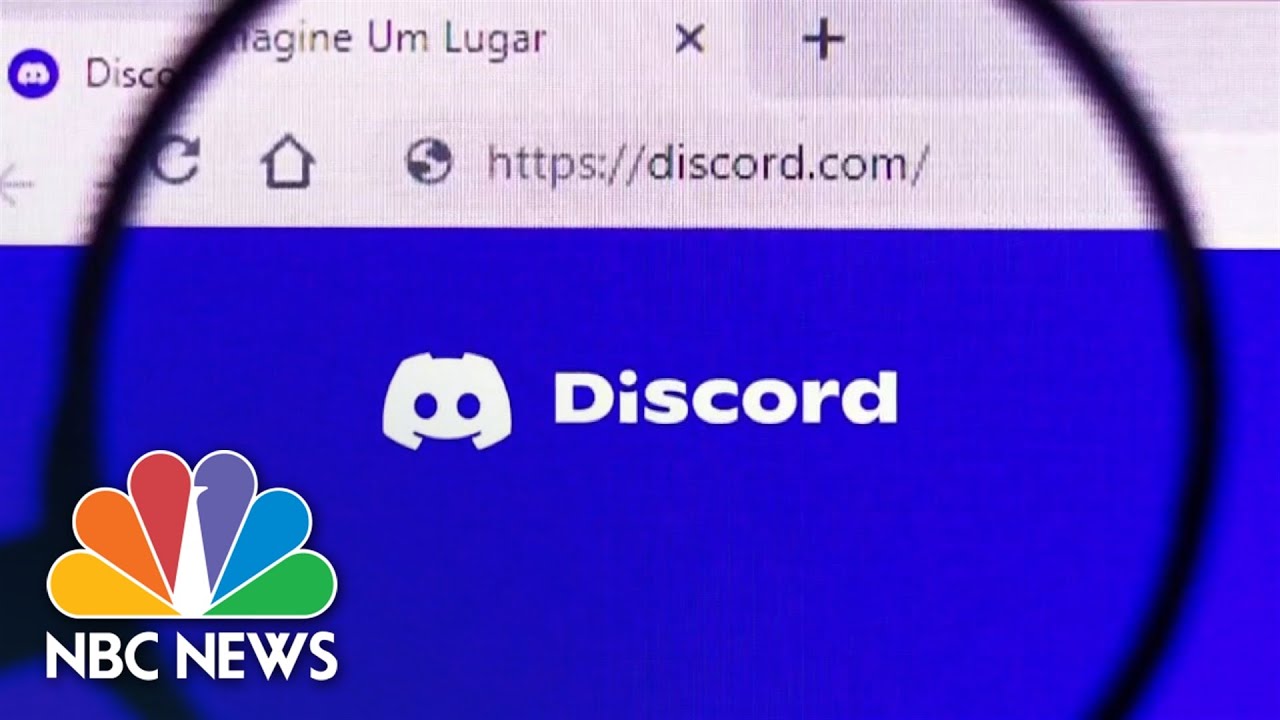U.S. Intel Agencies May Change How To Monitor Social Media After Leaked Documents
Unleash Your Creative Genius with MuseMind: Your AI-Powered Content Creation Copilot. Try now! 🚀
In the age of digital communication, the way we share information has drastically changed. Social media platforms and chat rooms have become virtual hubs where people connect, share ideas, and express their opinions. However, with the increasing reliance on these platforms, concerns about privacy and security have also emerged.
Recently, the Pentagon experienced a major security breach when sensitive documents were leaked online. This incident highlighted the need for agencies to reevaluate their monitoring strategies and expand their oversight of chat rooms and social media platforms.
The Pentagon's Call for Change
The Pentagon, determined to prevent a repeat of such a sensitive data leak, is pushing for a revamp of its monitoring practices. Multiple sources familiar with the situation have revealed that the Pentagon intends to broaden its surveillance of various online platforms. The leaked documents primarily focused on the conflict in Ukraine, and the Pentagon is keen on ensuring that classified information does not go unnoticed for weeks without detection.
The Challenge of Monitoring
However, monitoring the vast expanse of the internet is no easy feat. The leaked documents were initially discovered in a relatively obscure corner of the internet known as Discord. This platform is notorious among cyber experts as a hub for illicit data exchange. Critics argue that the U.S. should have been more vigilant, but the reality is that it is impossible to monitor every nook and cranny of the internet effectively.
To address this challenge, agencies are exploring ways to expand their reach by monitoring additional online platforms. By doing so, they hope to increase their chances of detecting potential security breaches. Additionally, agencies are considering restricting access to classified information to reduce the risk of leaks.
Balancing Security and Privacy
While the need for enhanced monitoring is evident, privacy laws pose a significant challenge. Government agencies cannot simply invade private chat rooms without legal authority. Just as we saw after 9/11, there must be a delicate balance between vigilance and respecting individuals' privacy rights.
The leaked documents originated from a private chat room, emphasizing the complexity of the situation. There is no easy solution to this dilemma. Striking the right balance between national security and individual privacy requires careful consideration and legal authority.
This unprecedented situation differs from previous leaks. Whistleblowers typically seek out media outlets to publicly broadcast their information. It is unusual for them to turn to private chat rooms, where only a select few have access.
Embracing Change
As we navigate this evolving landscape of online monitoring, it is crucial to adapt to the changing dynamics of digital communication. Technology continues to advance at an astonishing pace, and with it, new challenges and opportunities arise.
Agencies must strive to stay one step ahead, constantly reassessing their monitoring strategies to keep pace with emerging platforms and communication channels. Embracing change and harnessing the power of technology will enable agencies to effectively safeguard classified information without compromising individual privacy.
In conclusion, the recent leak of sensitive Pentagon documents has prompted a call for change in how agencies monitor online platforms. While the task of monitoring the vast expanse of the internet may seem daunting, it is essential to strike a balance between security and privacy. By embracing change and adopting innovative monitoring strategies, agencies can stay ahead of potential threats and protect sensitive information in the digital age.

Related Recaps
- Avalanche Clinch Playoff Spot in OT on Nathan MacKinnon's GWG Goal and 100th Point of the Season
- Miss Fabulous Thailand 2023 | Final Competition
- Pastor Proud Of Being Labeled Domestic Terrorist
- 🔴LIVE: RPF-INKOTANYI CONGRESS | #RPF35 | 2 April 2023 | Part 2
- Neuroscience and Free Will - Libet's Experiment